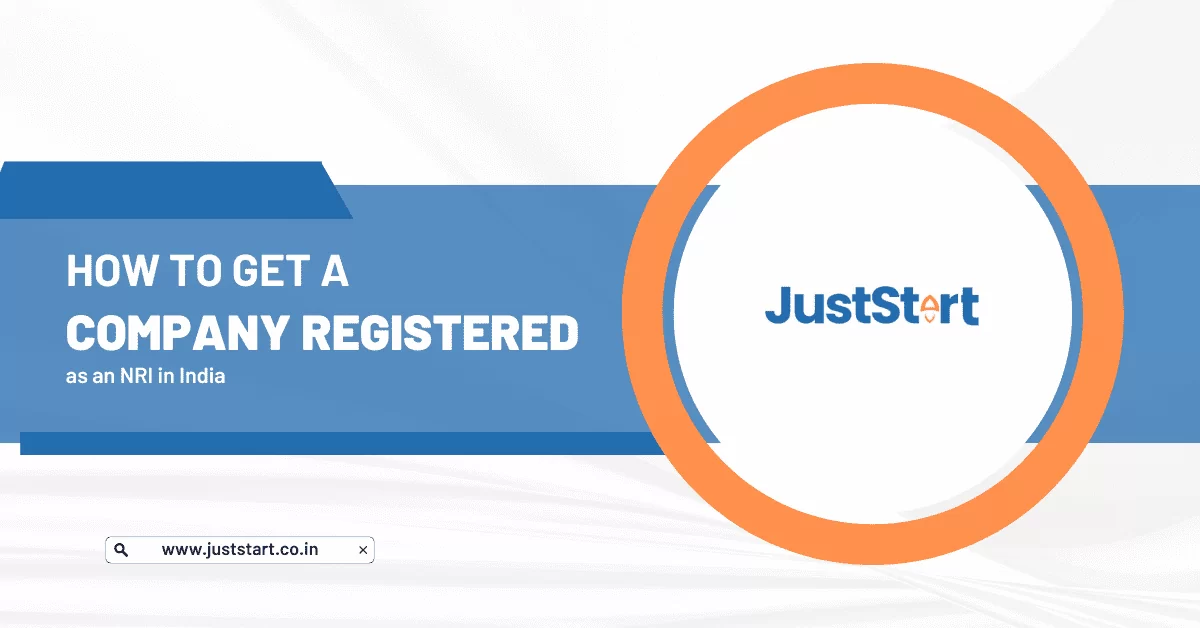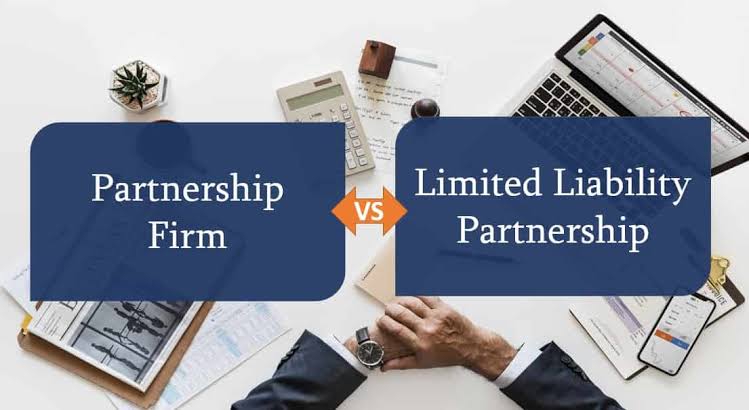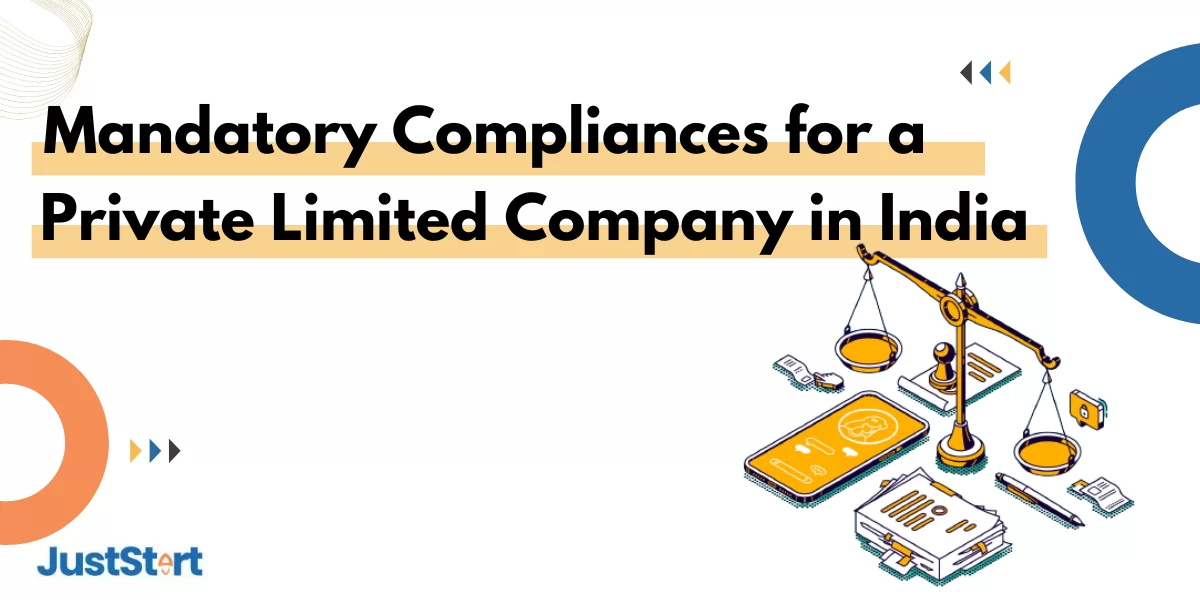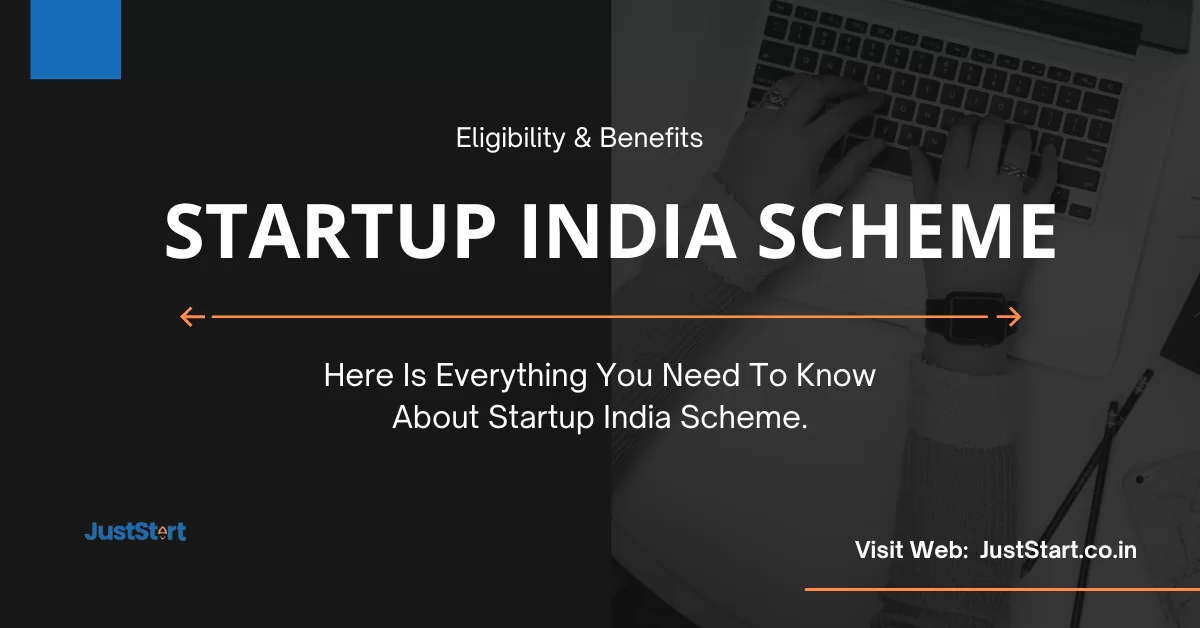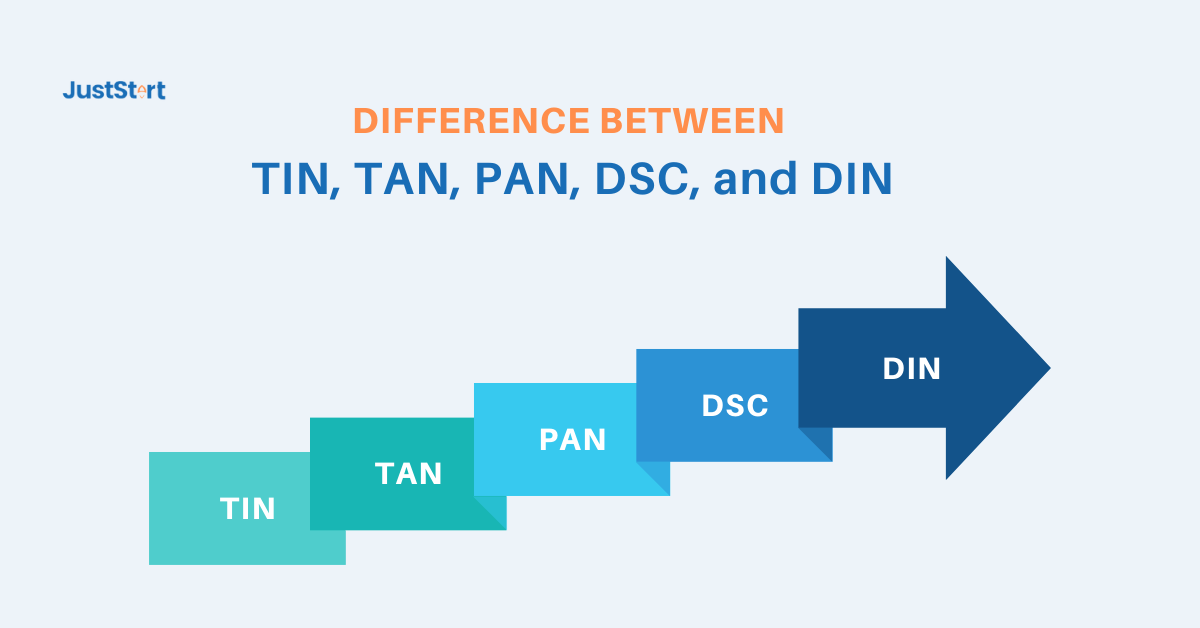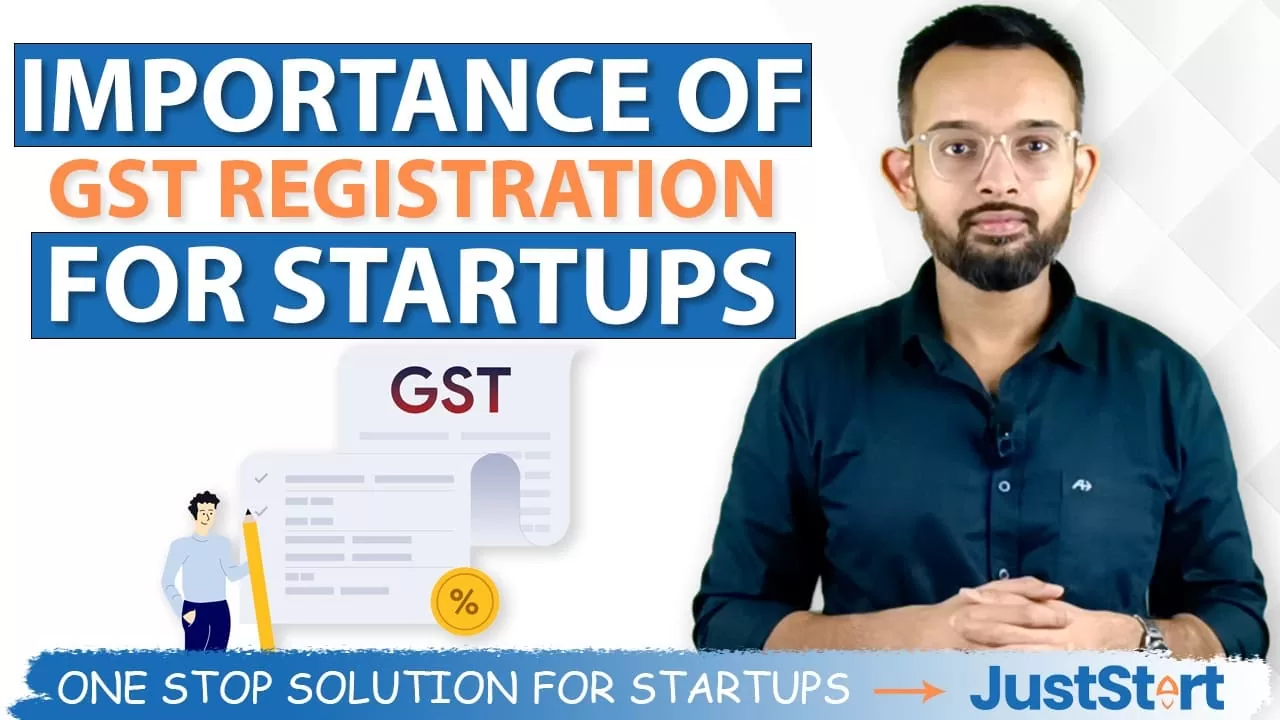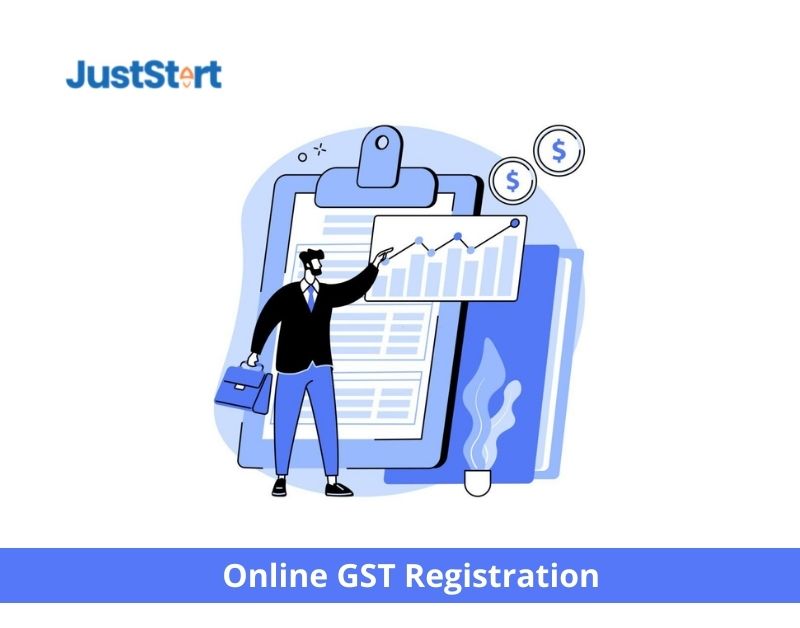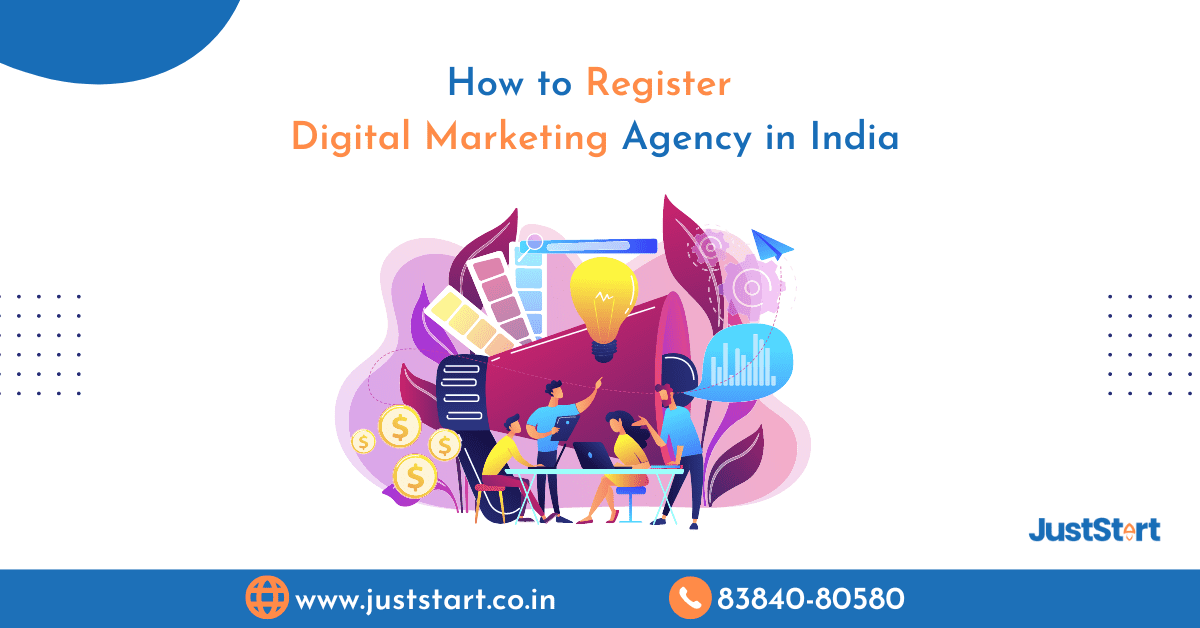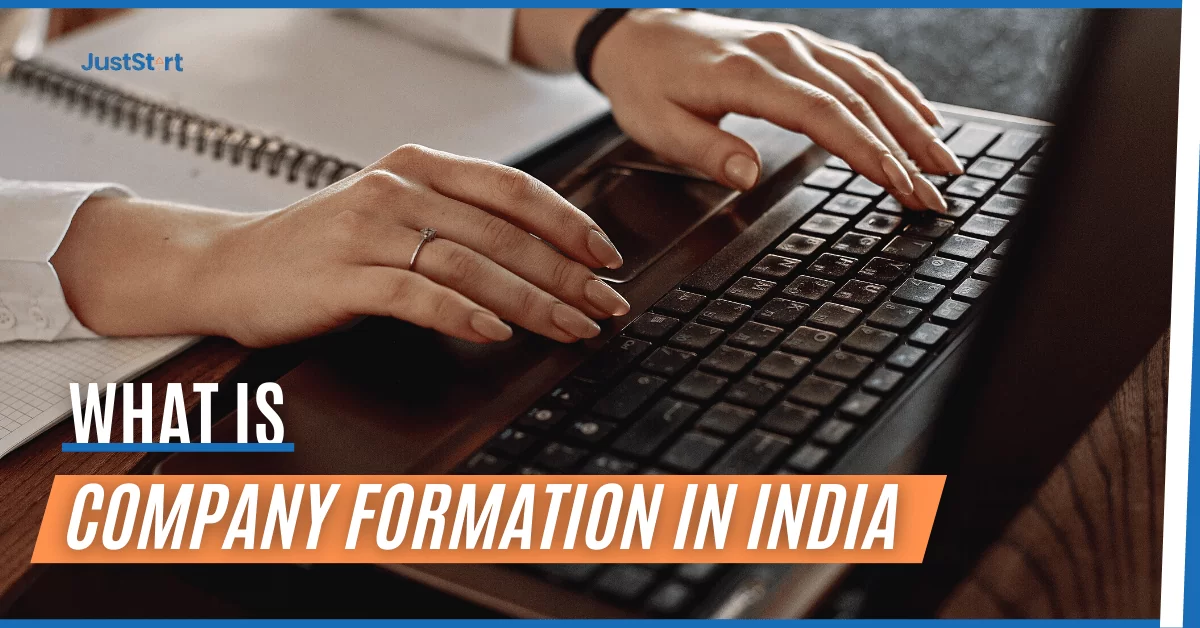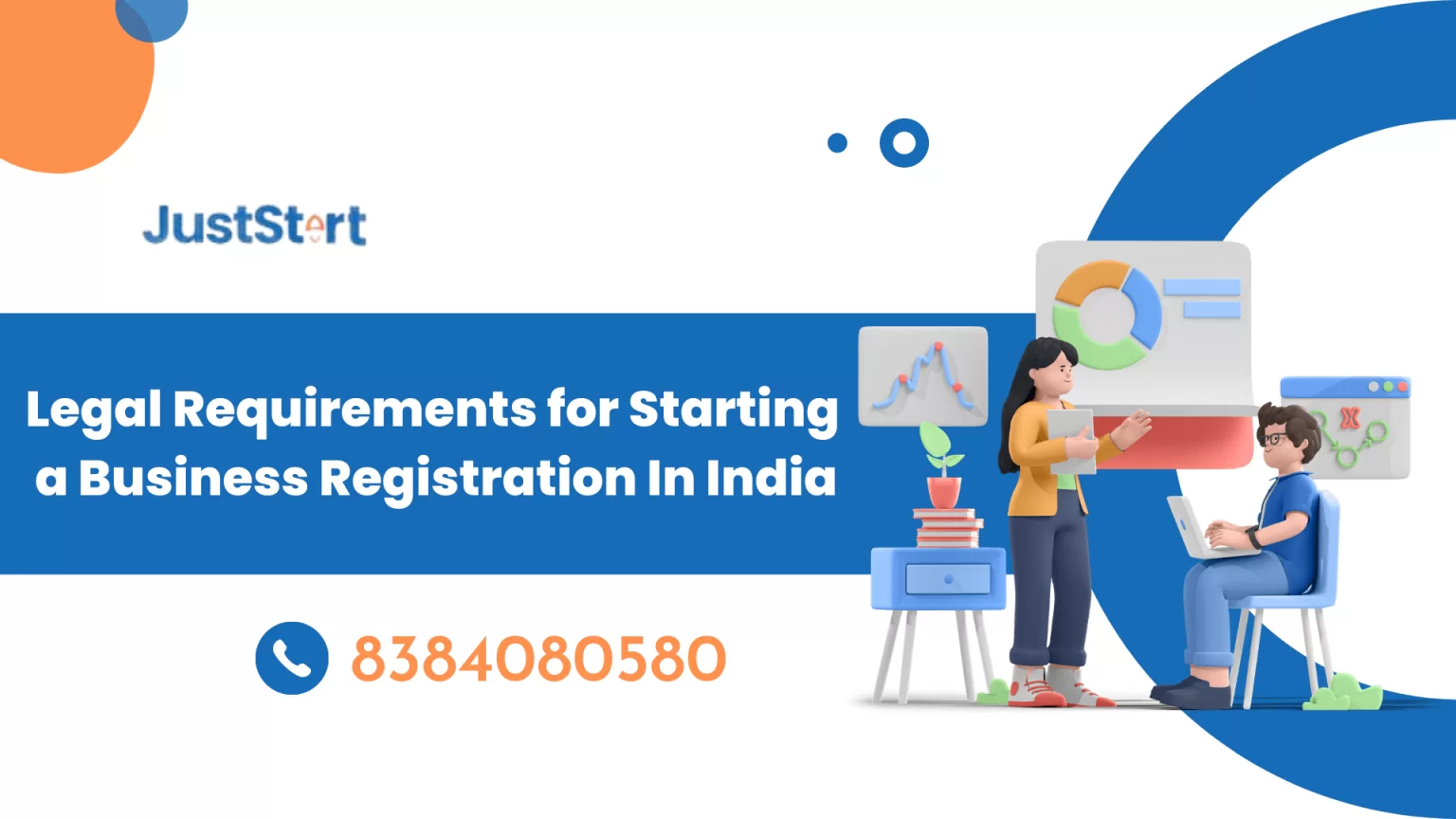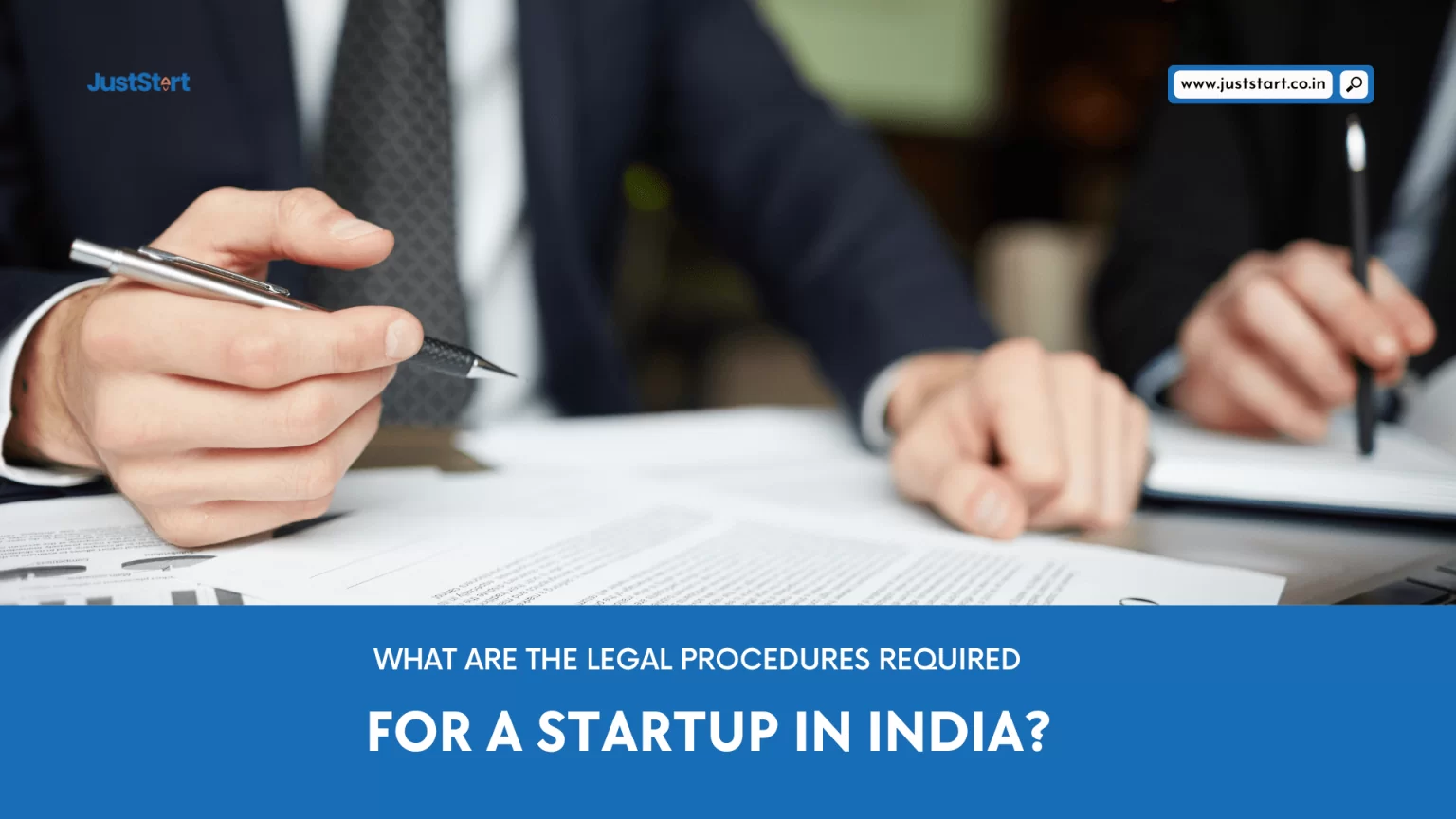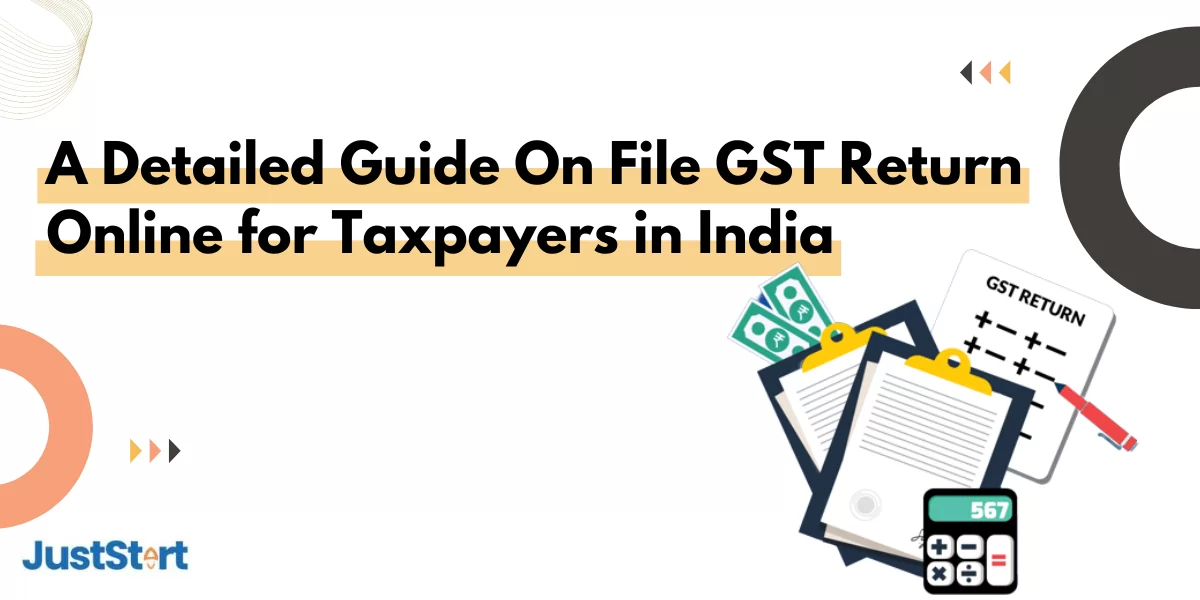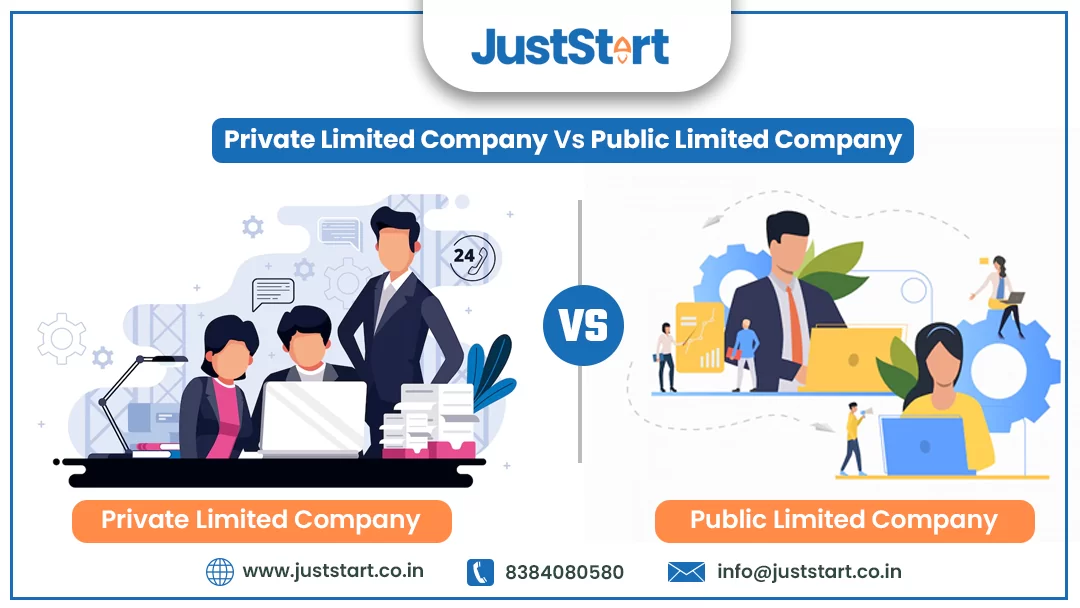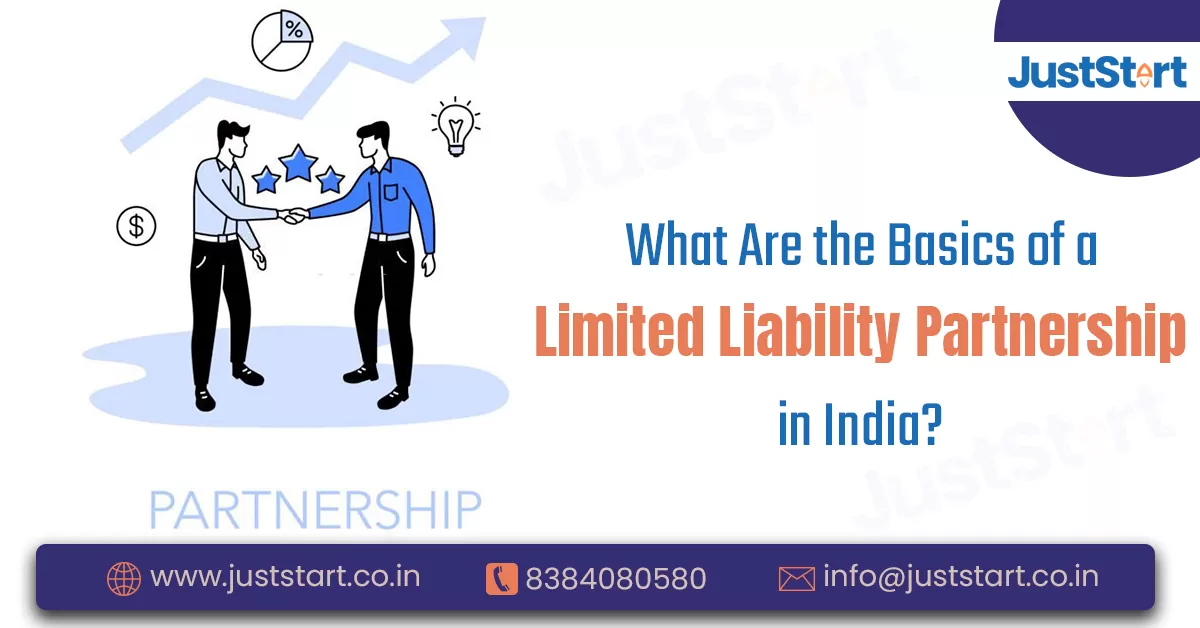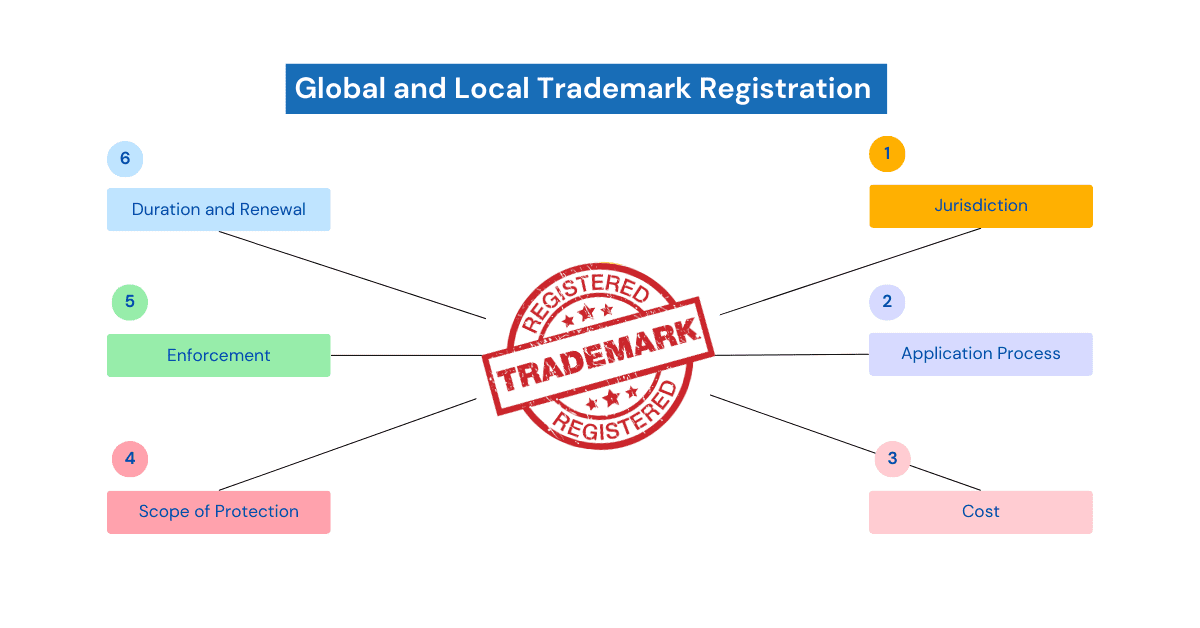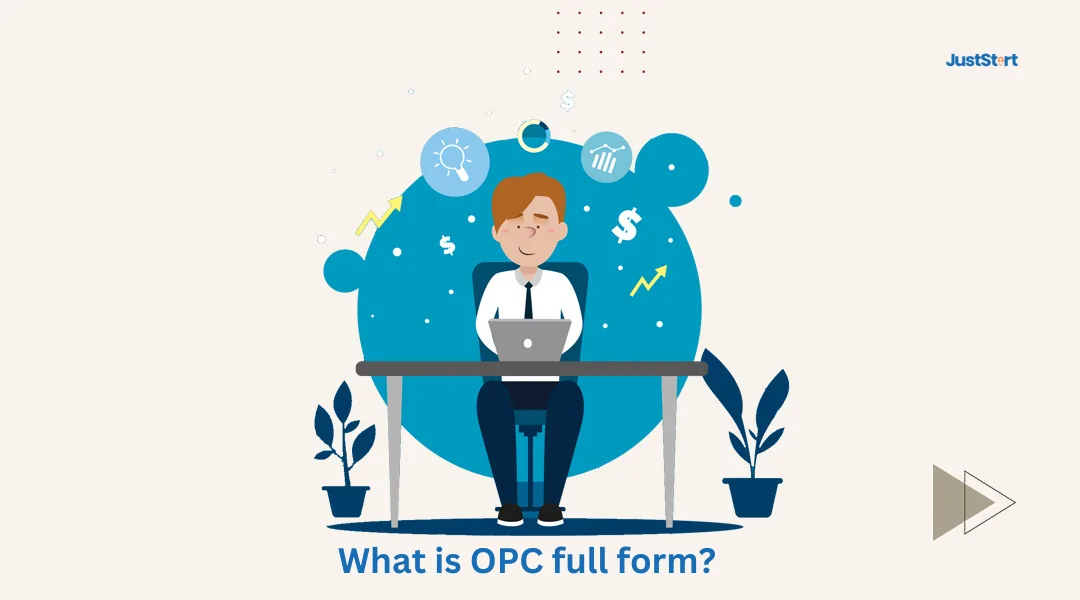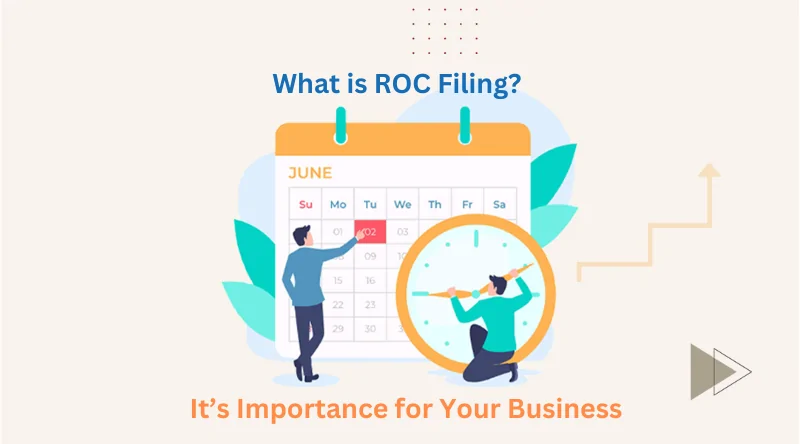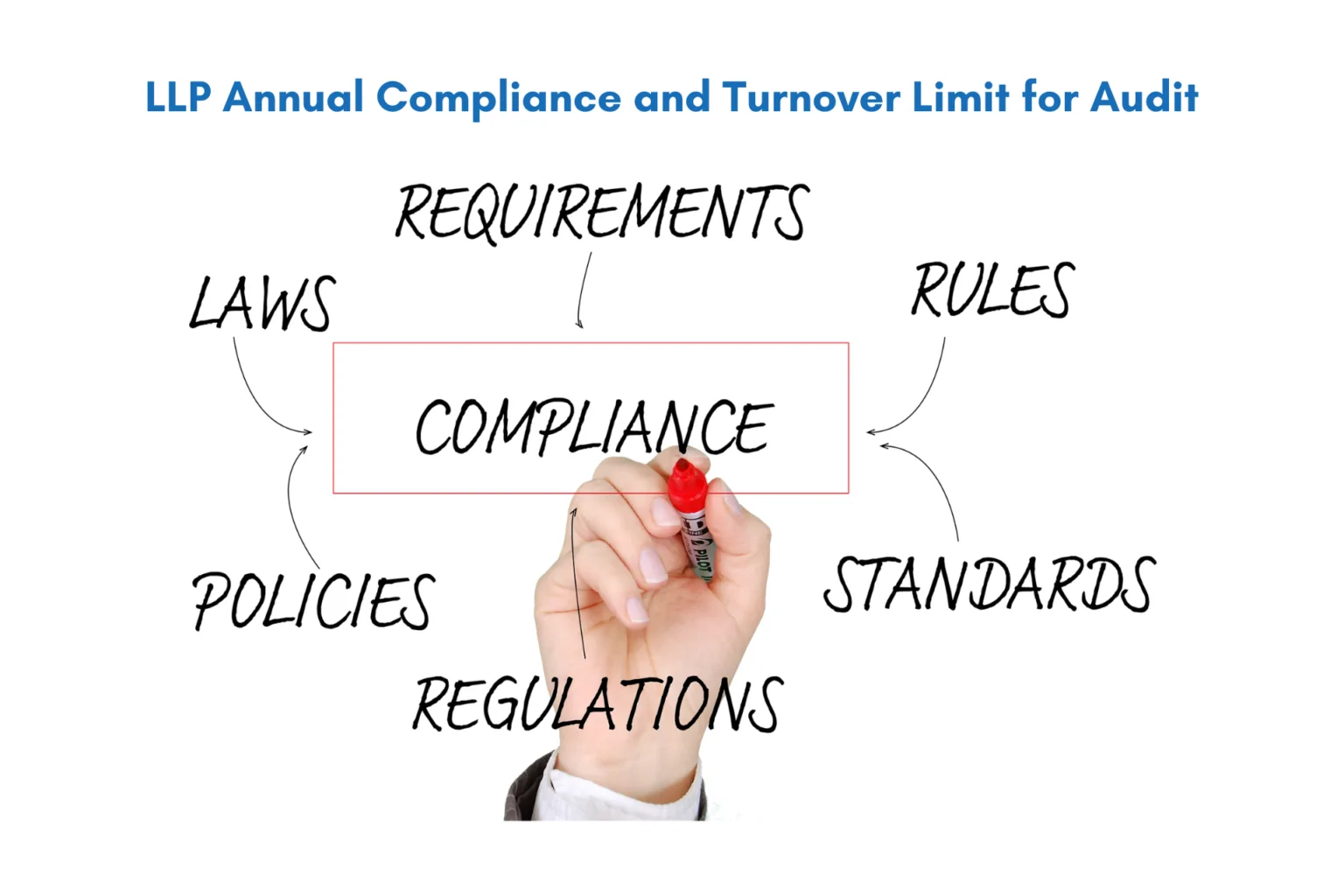
The conversion of a one person company into a private limited company is motivated by expansion, value, and growth.
It is true that One Person Company has the benefits of exemptions than a private limited company, but a Pvt Ltd company has a lot more strength, benefits, security, and opportunities to offer.
A One person company (OPC) gets a permit under Section 18 of the Companies Act, 2013 to convert itself into a private limited company.
Let’s Discuss About One Person Company
According to Section 2(62) of the Companies Act, 2013, a OPC is a company that has only one person as a member. It is widely introduced to promote businesses by solo entrepreneurs. Its purpose was to encourage them to come forward and contribute to the economy’s growth. It allows and benefits a single person to manage the entire company on their own.
It is mandatory to appoint a nominee required to retain the perpetual succession of One Person Company. The nominee may be a resident and citizen of India or a Non-resident Indian. He should be 18 or older. Consent of the nominee is required in the written form. But the director can change the nominee later if required.
OPC offers a separate legal entity, limited liability, and no minimum share capital. One Person Company Registration makes business easy for small and medium-sized businesses. And if you talk about taxes, OPC is taxed without any exemption as a private limited company.
Also Read:- A Complete Guide for One Person Company Registration Online and Easy Process
Procedure of Conversion of the OPC into a Private Limited Company:
Passing of board resolutions: The OPC has to hold a general meeting to pass the resolutions for the appointment of directors and members for the Pvt Ltd Company. The elected general meeting would hold all important discussions.
Alterations of MOA & AOA: Since the company is converting, you also need to make changes to the Memorandum of Association and Articles of Association as per the private limited company standards.
File form MGT-14: This form gets filled with ROC within 30 days of passing the resolutions. It requires the altered MoA and AoA, the CTC of signed and dated minutes, and the CTC of board resolutions, along with the conversion draft.
File form INC-6: This form is also filed with the Registrar of Companies(ROC) within 30 days of passing the special resolutions. It also requires the altered MOA and AOA, the CTC of signed and dated minutes, and the CTC of board resolutions, conversion draft, along with the latest audited financial statements.
Incorporation certificate: The ROC will grant the incorporation certificate after verifying your application, and convert the status of your OPC into a private limited company.
Why one should choose a Private Limited Company over One Person Company
No doubt, a one person company has a very simple-work mechanism. It has only one member, which is why it is easily manageable. Since they deal on a small scale, it helps them focus more on quality-based products or services. Because of a One Man Company, it leads to faster decision-making and execution.
whereas a private limited company requires a minimum of 2 directors for the incorporation of the company. It offers a separate legal entity, limited liability, perpetual succession, and easy transferability of shares. Owning property in the company’s name is also very easy. Private limited companies have higher loan lending and borrowing capacity because of their huge recognition in the market. If the company gets bankrupt, the members are only liable for the amount that they have invested in the company.
There are numerous advantages of forming a private limited company that an OPC cannot provide:
Easy Fundraising: Funds are one of the most important factors in the growth of any business. And private companies could acquire it easily from the members of the company, friends, family, venture capitalists, or angel investors. Banks and financial institutions also provide loans to them when needed.
International Recognition: Private limited companies get a permit under the Companies Act, 2013 to work globally, and it also allows foreign investors to invest in the company. This process also builds the company’s reputation in the economy.
Tax Benefits: Taxation follows according to the provisions of the Income Tax Act. Private companies can also claim corporation tax relief on the profit of their companies.
Countless Opportunities: Because of their active participation and wide recognition, many companies are willing to work with them. As you grow in the market, many more opportunities will come your way.
Higher Credibility: A private limited company gets registration under the Ministry of Corporate Affairs. This builds trust and value in the market, which leads to an increase in the credibility of the business.
Value of Business: Since the business is under MCA and governed under the Companies Act, 2013, it is totally under the vision of the government, which reduces the risk of fraud. And all of the advantages that a private company has helped them increase the value and growth of their brand.
What documents are required for the conversion of OPC to Pvt Ltd?
- An affidavit confirming the consent of all the members of the company for the conversion process.
- List of creditors and members.
- Copy of secured creditors along with a no objection certificate (NOC).
- Most recently audited the balance sheet along with the profit and loss account.
- Incorporation certificate of the One-person company.
- Any other information may be required as an optional attachment(s).
Types of conversion of OPC Company into Pvt Ltd Company
The circumstances under which a one person company is converted into a private limited company are of two types.
- Voluntary Conversion
- Compulsory Conversion
Voluntary conversion is the form of conversion that comes under Section 18 of the Companies Act, 2013. The company is required to do all the board meetings and paperwork and must submit all the updated documents. The registrar will issue the incorporation certificate after reviewing all your data and documents. You must know that the company’s debts, liabilities, or obligations are not getting any negative effect by the conversion process.
Compulsory conversion is the form of conversion whereby OPC Company has to compulsorily convert itself if the paid-up share capital exceeds the limit of Rs. 50 lakhs or the annual turnover if the previous three financial years were more than Rs. 2 crores. This conversion has to be completed within 6 months from the date of exceeding the capital or the annual turnover limit.
However, after the effect of 1st April 2021, there is no such thing as compulsory conversion. You have the full right to stay as an OPC even after exceeding the financial limits.
Also Read:- How to Get a Private Limited Company Registration Online
Conclusion
Both one person companies and private limited companies form under the legal system to promote economic growth. The conversion process is very easy if you follow the legislation in the right and ethical manner. Both companies have their benefits, and you are completely supposed to take the discussion of conversion based on your needs and requirements.







